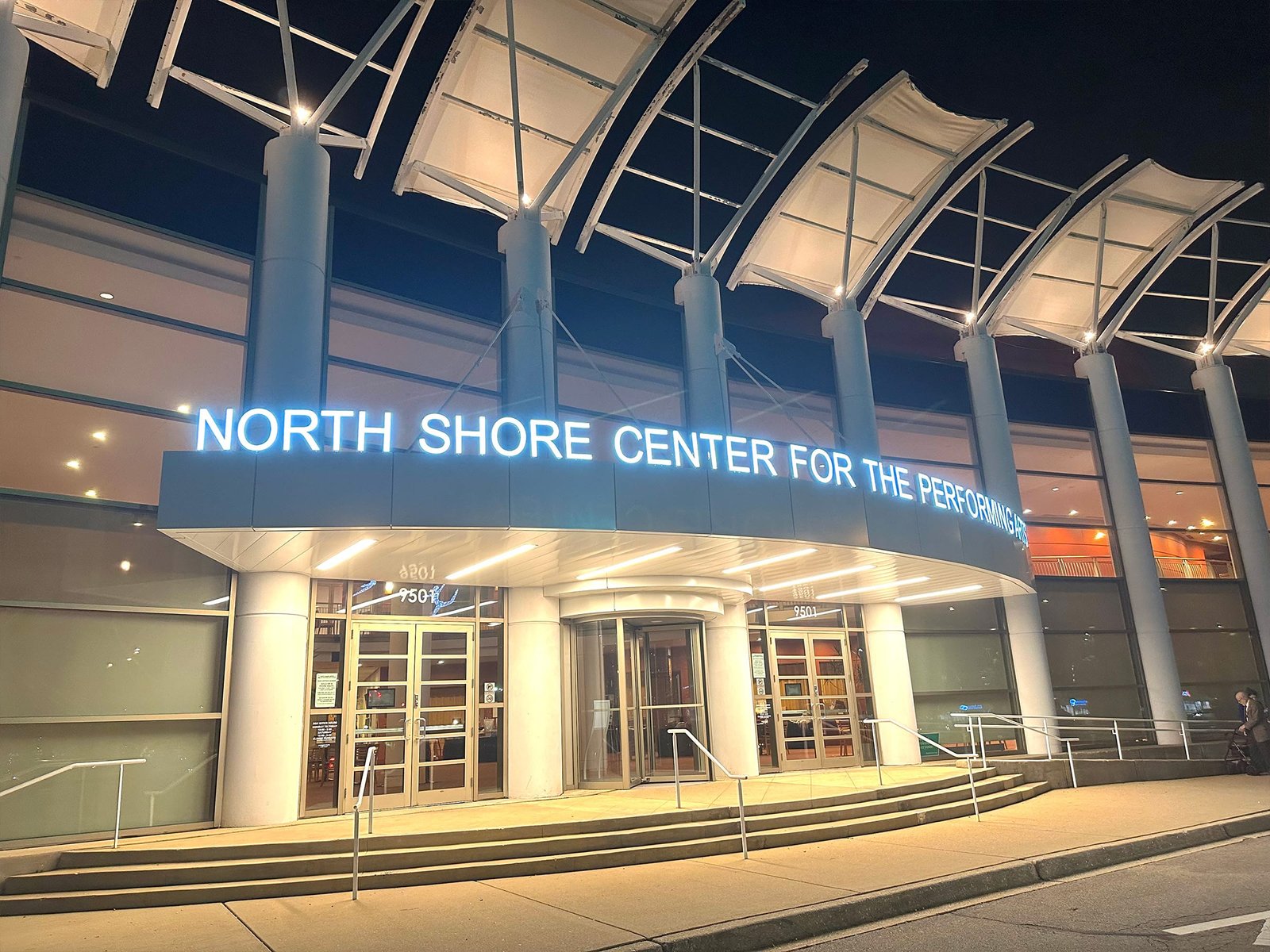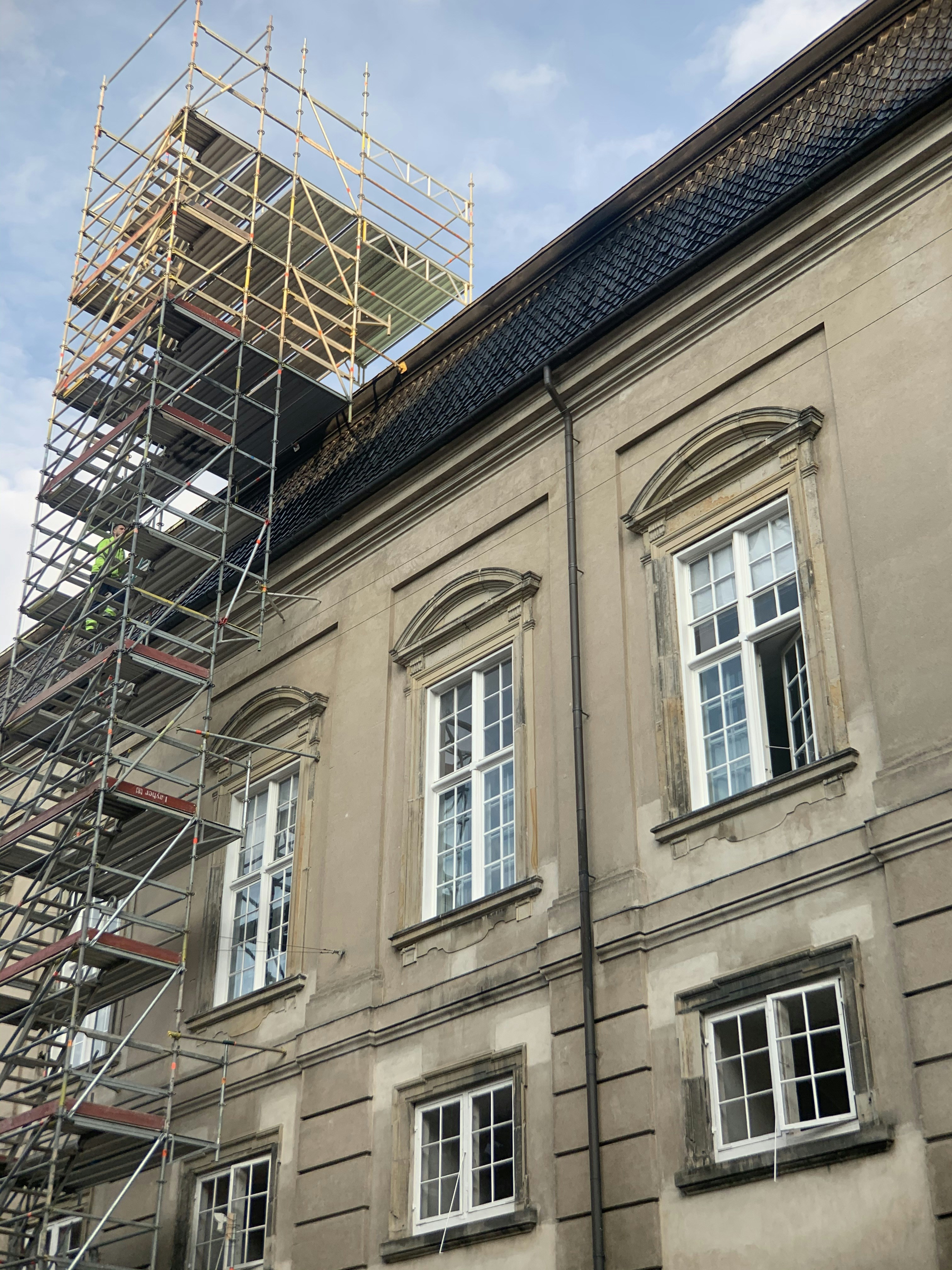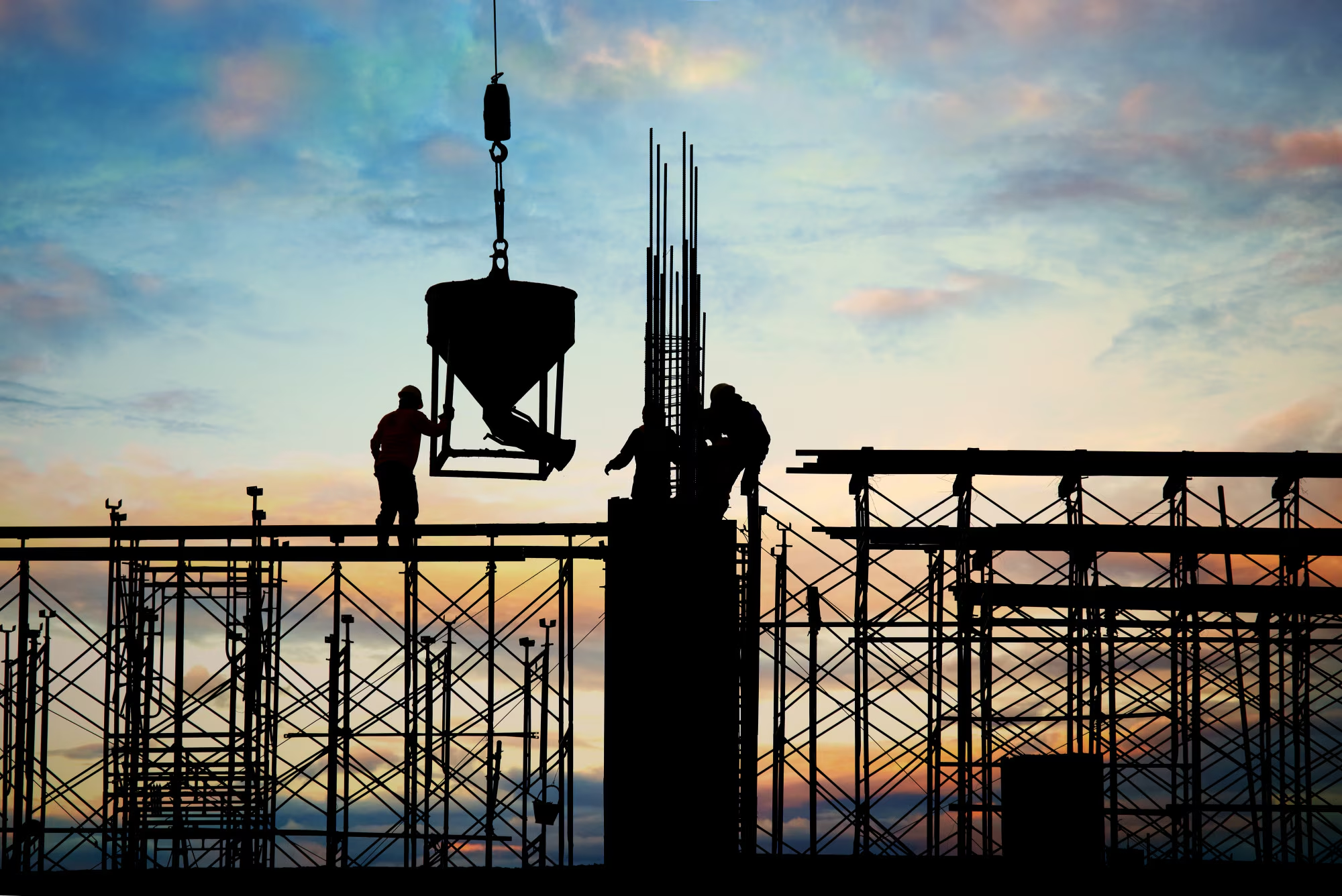Chicago’s dynamic business landscape demands robust infrastructure. Whether you’re launching a new retail space on Michigan Avenue, expanding your office in the Loop, renovating a historic property in Lincoln Park, or building a state-of-the-art industrial facility near O’Hare, the success of your project hinges significantly on choosing the right Commercial Contractor in Chicago. This comprehensive guide will walk you through everything you need to know about selecting, hiring, and working with commercial construction professionals in the Windy City.
Navigating the complexities of commercial construction – from permits and zoning laws to managing subcontractors and ensuring safety compliance – requires specialized expertise. A reliable Commercial Contractor in Chicago acts as your partner, bringing your vision to life efficiently, on budget, and to the highest standards of quality. Making the wrong choice can lead to costly delays, budget overruns, and subpar results. Let’s dive deep into understanding their role and how to find the perfect fit for your specific needs.
What Exactly is a Commercial Contractor?
A commercial contractor, often referred to as a general contractor (GC) specializing in commercial projects, is a company or individual responsible for overseeing, managing, and executing the construction, renovation, or build-out of commercial properties. These properties can range widely, including:
- Office buildings
- Retail stores and shopping centers
- Restaurants and hospitality venues (hotels, bars)
- Healthcare facilities (clinics, hospitals)
- Industrial buildings (warehouses, manufacturing plants)
- Educational institutions
- Multi-family residential buildings (often overlap)
- Government and municipal buildings
Unlike residential contractors who focus on single-family homes, a Commercial Contractor in Chicago deals with larger-scale projects, more complex building codes, stringent regulations, diverse materials, and often involves coordinating a larger team of specialized subcontractors (electricians, plumbers, HVAC technicians, etc.). Their primary role is project management, ensuring every phase of construction runs smoothly from conception to completion.
Why Hiring a Local Commercial Contractor in Chicago is Crucial
While you might find national construction firms, partnering with a local Commercial Contractor in Chicago offers distinct advantages:
Deep Understanding of Chicago’s Regulations and Permitting
Chicago has its own unique set of building codes, zoning ordinances, permit processes, and municipal requirements. A local contractor navigates this complex regulatory environment daily. They understand the nuances of dealing with the City of Chicago Department of Buildings, potentially saving you significant time and avoiding costly compliance issues. They know the specific requirements for different neighborhoods and building types within the city.
Established Network of Local Subcontractors and Suppliers
Experienced Chicago-based contractors have built strong relationships with reliable local subcontractors, suppliers, and vendors. This network ensures access to skilled labor and quality materials, often at competitive prices. They know who does quality work, who is reliable, and who understands the specific demands of working in Chicago’s environment (including weather considerations and logistical challenges like downtown deliveries).
Knowledge of Local Market Conditions
A local contractor understands Chicago’s labor market, material costs, and logistical challenges specific to the area. This insight is invaluable for accurate budgeting, realistic scheduling, and proactive problem-solving.
Accessibility and On-Site Presence
Having your primary contractor based in Chicago ensures they can be readily available for site visits, meetings, and immediate responses to any issues that arise during construction. Proximity facilitates better communication and hands-on project management.
Key Services Offered by a Commercial Contractor in Chicago
Commercial contractors offer a wide array of services tailored to business needs. Here are some of the most common:
New Commercial Construction
This involves building a commercial structure from the ground up. A Commercial Contractor in Chicago manages the entire process, from site preparation and foundation work to structural framing, exterior finishing, interior build-out, and final inspections. They coordinate architects, engineers, and all necessary trades.
Commercial Renovations and Remodeling
Updating or altering an existing commercial space requires careful planning and execution. This could involve modernizing an outdated office, reconfiguring a retail layout for better flow, or upgrading a restaurant kitchen. Chicago contractors specializing in renovations understand how to work within existing structures, often while minimizing disruption to ongoing business operations if necessary.
Tenant Build-Outs and Fit-Outs
When a business leases a commercial space (often a ‘shell’), a tenant build-out (or fit-out) is required to customize the interior to their specific operational needs. This is a very common service provided by a Commercial Contractor in Chicago, especially for office spaces, retail stores, and restaurants. It includes installing walls, flooring, ceilings, lighting, plumbing, electrical systems, and finishes according to the tenant’s design.
Design-Build Services
In a design-build model, the commercial contractor is responsible for both the design and construction phases of the project. This integrated approach streamlines communication, potentially speeds up the project timeline, and can offer better cost control, as the design and construction teams work collaboratively from the outset under one contract.
Construction Project Management
Even if you have separate design professionals, you’ll need a contractor for comprehensive project management. This includes scheduling, budgeting, procurement, quality control, safety management, subcontractor coordination, and communication with the client and other stakeholders. A skilled Commercial Contractor in Chicago excels in managing these complex logistics.
Specialty Commercial Construction
Some Chicago contractors develop expertise in specific niches, such as:
- Healthcare Construction: Requiring knowledge of specialized systems, infection control protocols (ICRA), and compliance with healthcare regulations.
- Hospitality Construction: Understanding the unique demands of hotels and restaurants regarding guest experience, durability, and specific kitchen/service area requirements.
- Industrial Construction: Expertise in building warehouses, distribution centers, or manufacturing facilities with specific structural, logistical, and equipment needs.
- Historic Preservation/Renovation: Specialized knowledge in working with older buildings, preserving historical elements, and navigating landmark requirements in Chicago.
How to Choose the Right Commercial Contractor in Chicago
Selecting the best contractor is a critical decision. Here’s a step-by-step approach and key factors to consider:
1. Define Your Project Scope Clearly
Before you even start looking for contractors, have a clear understanding of your project’s goals, requirements, budget range, and desired timeline. The more detail you have, the better a contractor can assess if they are a good fit and provide an accurate proposal.
2. Research Potential Contractors
Identify several potential Commercial Contractors in Chicago. You can find them through:
- Online searches (using terms like “commercial construction companies Chicago,” “Chicago general contractor,” “office build-out Chicago”).
- Industry associations (e.g., Builders Association of Greater Chicago).
- Referrals from business associates, architects, or commercial real estate brokers.
- Reviewing portfolios of projects similar to yours in Chicago.
3. Verify Experience and Specialization
Relevant Project History
Look for a contractor with proven experience in projects similar to yours in terms of size, complexity, and type (retail, office, industrial, etc.). Ask to see their portfolio and case studies. A contractor specializing in large industrial warehouses might not be the best fit for a high-end restaurant renovation, and vice versa.
Years in Business in Chicago
While not the only factor, a contractor with a long history operating specifically in Chicago likely has a stable business, strong local relationships, and a deep understanding of the local market.
4. Check Licensing and Insurance
Proper Licensing
Verify that the contractor holds the necessary licenses to operate as a general contractor in the City of Chicago and the State of Illinois. Requirements can vary, so ensure they are compliant. Don’t hesitate to ask for their license number and verify it.
Adequate Insurance
This is non-negotiable. Ensure the contractor carries sufficient general liability insurance and workers’ compensation insurance. Ask for certificates of insurance (COIs) naming your company as an additional insured. This protects you from liability in case of accidents or property damage during construction.
5. Evaluate Reputation and References
Client Testimonials and Reviews
Look for online reviews, testimonials on their website, and case studies. Pay attention to comments about communication, quality, timeliness, and budget adherence.
Request and Contact References
Ask potential contractors for a list of recent clients, preferably those with projects similar to yours. Contact these references and ask specific questions about their experience working with the contractor, including their satisfaction with the process and the final outcome, communication effectiveness, handling of challenges, and whether they met budget and schedule expectations.
6. Assess Communication and Project Management Style
Effective communication is key to a successful construction project. During initial meetings and the bidding process, assess:
- How responsive are they?
- Do they listen to your needs and concerns?
- Do they explain technical details clearly?
- What is their process for project updates and reporting?
- Who will be your main point of contact?
- What project management software or tools do they use?
A good Commercial Contractor in Chicago will have a structured approach to communication and project oversight.
7. Review Safety Record and Program
Construction sites can be hazardous. A reputable contractor prioritizes safety. Ask about their safety program, safety record (e.g., EMR – Experience Modification Rate), and how they ensure compliance with OSHA regulations on site. A strong safety culture protects workers and minimizes project disruptions.
8. Analyze Bids and Contracts Carefully
Get Multiple Bids
Obtain detailed proposals from at least three different qualified contractors. This allows you to compare scope, pricing, and timelines.
Beware of Unusually Low Bids
The lowest bid isn’t always the best value. An extremely low bid might indicate that the contractor misunderstood the scope, uses substandard materials or labor, or plans to make up the difference with numerous change orders later. Focus on bids that are comprehensive, transparent, and realistic.
Understand the Contract
Before signing, carefully review the contract. Ensure it clearly outlines the project scope, timeline, payment schedule, process for handling change orders, warranties, and dispute resolution procedures. Consider having legal counsel review the contract, especially for large projects.
The Chicago Construction Landscape: What to Expect
Working with a Commercial Contractor in Chicago involves navigating a specific environment:
- Seasonal Challenges: Chicago’s weather, particularly harsh winters, can impact construction schedules. Experienced local contractors know how to plan for and mitigate weather-related delays.
- Logistical Hurdles: Dense urban areas, especially downtown, present challenges related to site access, material deliveries, parking, and noise ordinances. Contractors familiar with Chicago know how to manage these logistics effectively.
- Union Presence: Chicago has a significant union presence in the construction trades. Experienced contractors understand how to work with union labor, which can impact costs and scheduling but often ensures a highly skilled workforce.
- Historic Buildings: Chicago has many historic and landmark buildings. Renovating these requires contractors with specific expertise in preservation techniques and navigating the associated regulations.
Questions to Ask Potential Commercial Contractors
When interviewing candidates, be prepared with specific questions:
- How long have you been operating as a Commercial Contractor in Chicago?
- Can you provide examples of projects you’ve completed that are similar in scope and type to ours? (Ask for addresses/portfolios)
- Are you licensed to work in Chicago and Illinois? Can you provide your license numbers?
- Can you provide proof of general liability and workers’ compensation insurance? What are your coverage limits?
- Can you provide a list of recent client references we can contact?
- Who would be the dedicated project manager for our job, and what is their experience?
- What is your typical process for communication and project updates? How often will we receive reports?
- How do you handle project scheduling and ensure timelines are met? What happens if there are delays?
- What is your process for managing project budgets and handling change orders?
- What is your approach to site safety? Can you share information about your safety program and record?
- What percentage of your work is typically performed by your own crews versus subcontractors? How do you vet your subcontractors?
- What warranties do you offer on your workmanship?
Common Mistakes to Avoid When Hiring
- Choosing Solely Based on Price: Ignoring experience, reputation, or quality for the lowest bid often leads to problems.
- Not Checking References Thoroughly: Speaking directly with past clients provides invaluable insights.
- Failing to Verify Licensing and Insurance: This exposes you to significant financial and legal risks.
- Having an Unclear Project Scope: Ambiguity leads to misunderstandings, change orders, and potential disputes.
- Not Having a Detailed Written Contract: Verbal agreements are insufficient; ensure everything is documented.
- Poor Communication: Not establishing clear communication channels and expectations from the start.
Partnering for Success with Your Commercial Contractor in Chicago
Choosing the right Commercial Contractor in Chicago is more than just hiring someone to build or renovate; it’s about finding a strategic partner invested in the success of your business’s physical space. The right contractor brings expertise, local knowledge, strong management skills, and a commitment to quality and safety.
By carefully defining your needs, conducting thorough research, asking the right questions, and diligently checking credentials and references, you can find a Chicago-based commercial contractor who will navigate the complexities of your project and deliver results that meet your vision, budget, and timeline. Taking the time to make an informed decision is the first and most crucial step towards a successful commercial construction project in the vibrant city of Chicago.
Ready to discuss your next commercial construction project? Look for an experienced, licensed, and reputable Commercial Contractor in Chicago to start the conversation today!



